Ofsted and the Rolling Snack Revolution
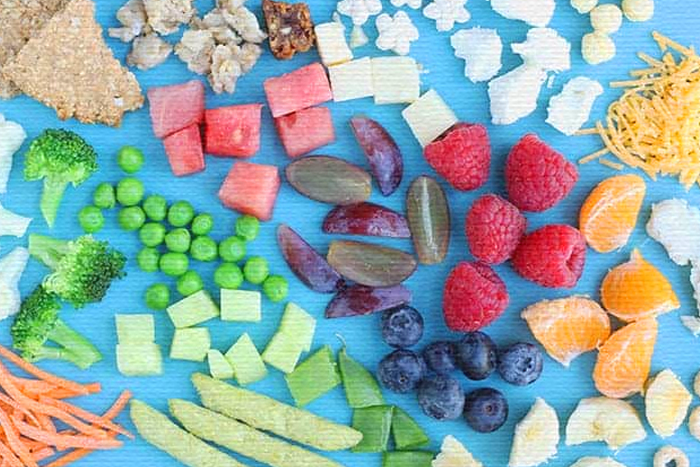
In recent years, an interesting topic has emerged in the world of UK day nurseries - the concept of a "rolling snack". Traditionally, children in nurseries have had designated "snack times", where all children sit down together to eat. However, the idea of a rolling snack, where children have continuous access to snacks throughout the day, has begun to gain traction. This article explores the pros and cons of this approach, drawing on the perspectives of nursery managers and Ofsted inspection reports.
The Pros of Rolling Snack
Promotes Independence: Rolling snacks provide an opportunity for children to make choices and decisions on their own. They can decide when they are hungry and what they want to eat from the provided options, fostering their independence and decision-making skills.
Less Interruption to Play: Children engrossed in an activity won't have to stop and disrupt their play for a group snack time. This continuity can help keep children engaged and focused on their activities.
Encourages Social Skills in Smaller Groups: With a rolling snack system, children often find themselves eating with different peers, allowing for a variety of social interactions. It can also enable quieter children to engage more easily in smaller, less intimidating groupings.
Teaches Patience: When there are limited spaces at the snack table, children learn to wait their turn, teaching them patience and respect for others.
Allows for More Flexible Schedules: With a rolling snack system, there is more flexibility for activities and routines throughout the day, as you're not working around a set snack time.
The Cons of Rolling Snack
Risk of Overeating: Some children may choose to continuously eat snacks throughout the day, potentially leading to overeating. It can be challenging to monitor the quantity of food each child consumes.
Potential for Less Social Interaction: One of the benefits of a set snack time is the opportunity it provides for all children to come together as a group. This shared experience can foster a sense of community and encourage social skills in a larger group setting.
Requires More Staff Oversight: Ensuring that the snack station remains clean, hygienic, and stocked can require more attention from staff, potentially adding to their workload.
May Not Suit All Nurseries: For some settings, such as those with limited space or resources, a rolling snack system may not be feasible.
Considering EYFS Guidelines in Relation to Snack Provision
The Early Years Foundation Stage (EYFS) guidance emphasises that food and drink offered to children must be healthy, balanced, and nutritious, catering to each child's unique dietary needs and preferences. Whether a nursery provides snacks through a rolling snack system or a set snack time, these EYFS guidelines must be adhered to. The chosen method should support the nursery's ability to maintain high standards of food hygiene and safety.
Ofsted's Viewpoint on Rolling Snack
Evidence from a review of Ofsted inspection reports suggests that the rolling snack approach is generally received favourably. The rolling snack system allows children to eat without interrupting their activities, promotes healthy choices, develops independence, facilitates hydration, and fosters healthy lifestyles.
The positive responses from Ofsted indicate that rolling snacks can be a practical and effective way of meeting the nutritional needs of children in a flexible and child-centred manner. However, nursery managers and providers must remember that the success of any approach depends on its implementation, and the quality of the food provided, the support from staff, and the consideration of each child's unique needs.
Conclusion
Whether a nursery decides to implement a rolling snack or a group snack time ultimately depends on the children's needs, staff capacity, and the nursery's overall routine. Both methods have their merits and challenges, and there is no 'one-size-fits-all' approach. As with any decision, nurseries should consider their unique settings, weigh the benefits and drawbacks, and regularly evaluate the effectiveness of their chosen approach. It's a delicately balanced snack-time debate, one that will undoubtedly continue as nurseries strive to create the best environment for their young learners, within the guidelines of the EYFS, and with an eye on positive Ofsted evaluations.
Other Articles
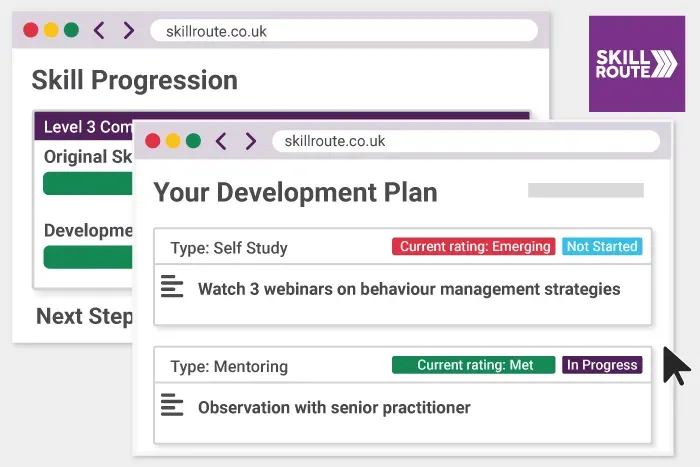
Can My Level 2 Staff Be Left Alone with Children? (2025 Ratio Rules Explained)
May 21, 2025
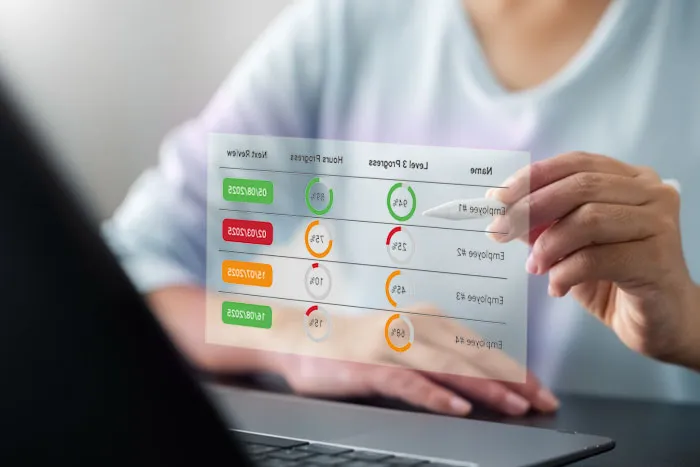
Understanding Ofsted's New Experience-Based Route for Early Years Staff
February 5, 2025
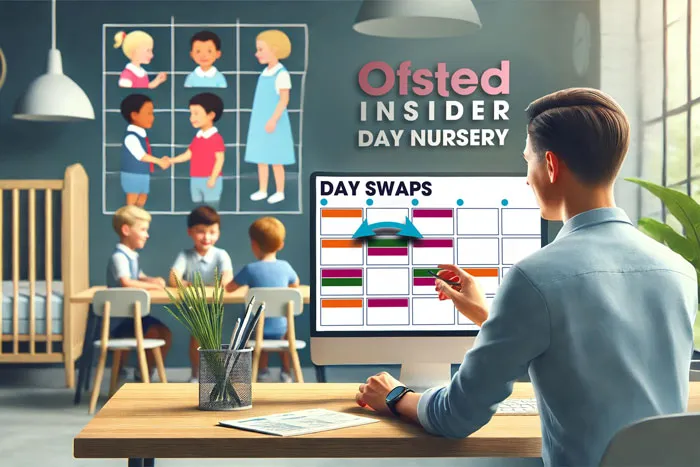
Are Day Swaps a Good Idea for Your Nursery? A Guide for Owners and Managers
December 11, 2024

Ofsted’s Grading Changes: Impact on Nurseries
September 3, 2024

Nursery Staff Meeting Activities: Scenario Analysis and Role-Play
June 18, 2024
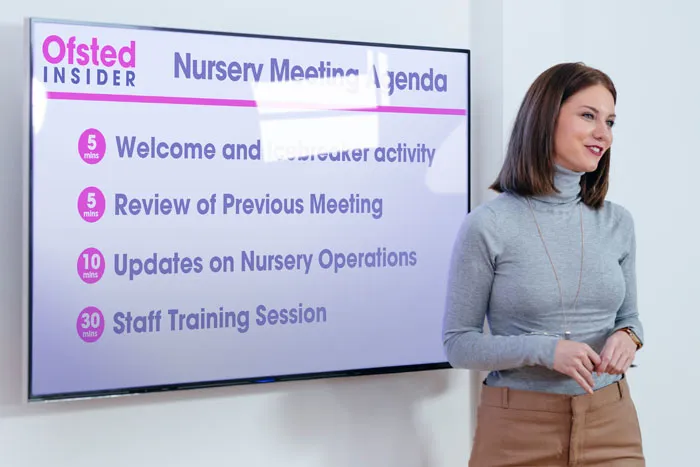
How to Write a Staff Meeting Agenda for Nursery Settings
June 18, 2024
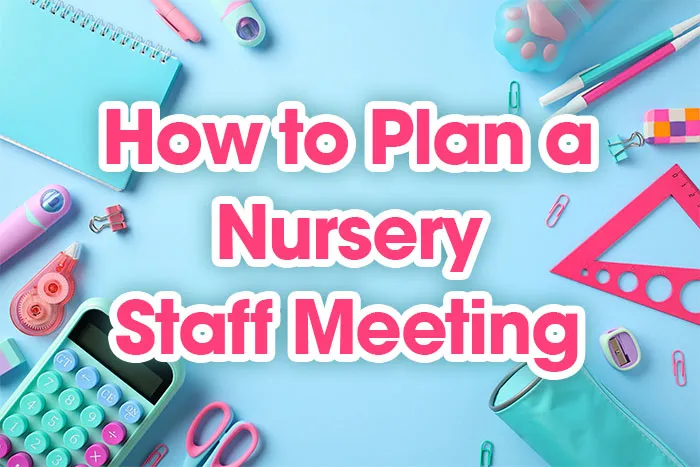
How to Plan a Nursery Staff Meeting
June 18, 2024
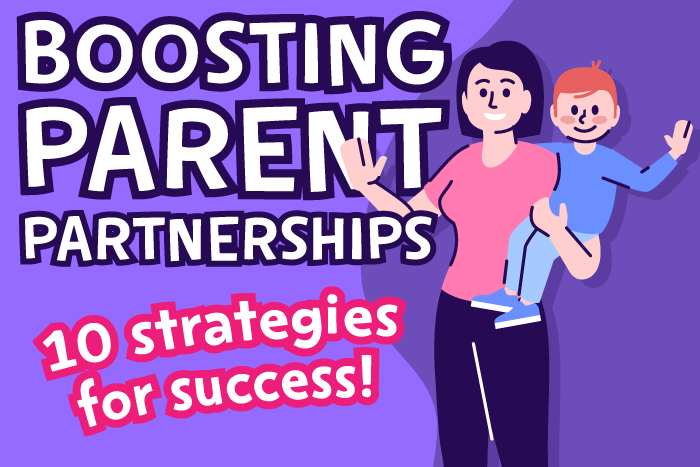
Boosting Parent Partnership: 10 Strategies for Nursery Success
May 10, 2024

EYFS 2024: What's Changing? Find out and take the quiz!
November 25, 2023

White Noise for Sleeping Babies: Pros, Cons, and Tips
October 24, 2023
 © Copyright 2021 - 2025. All rights reserved.
© Copyright 2021 - 2025. All rights reserved.